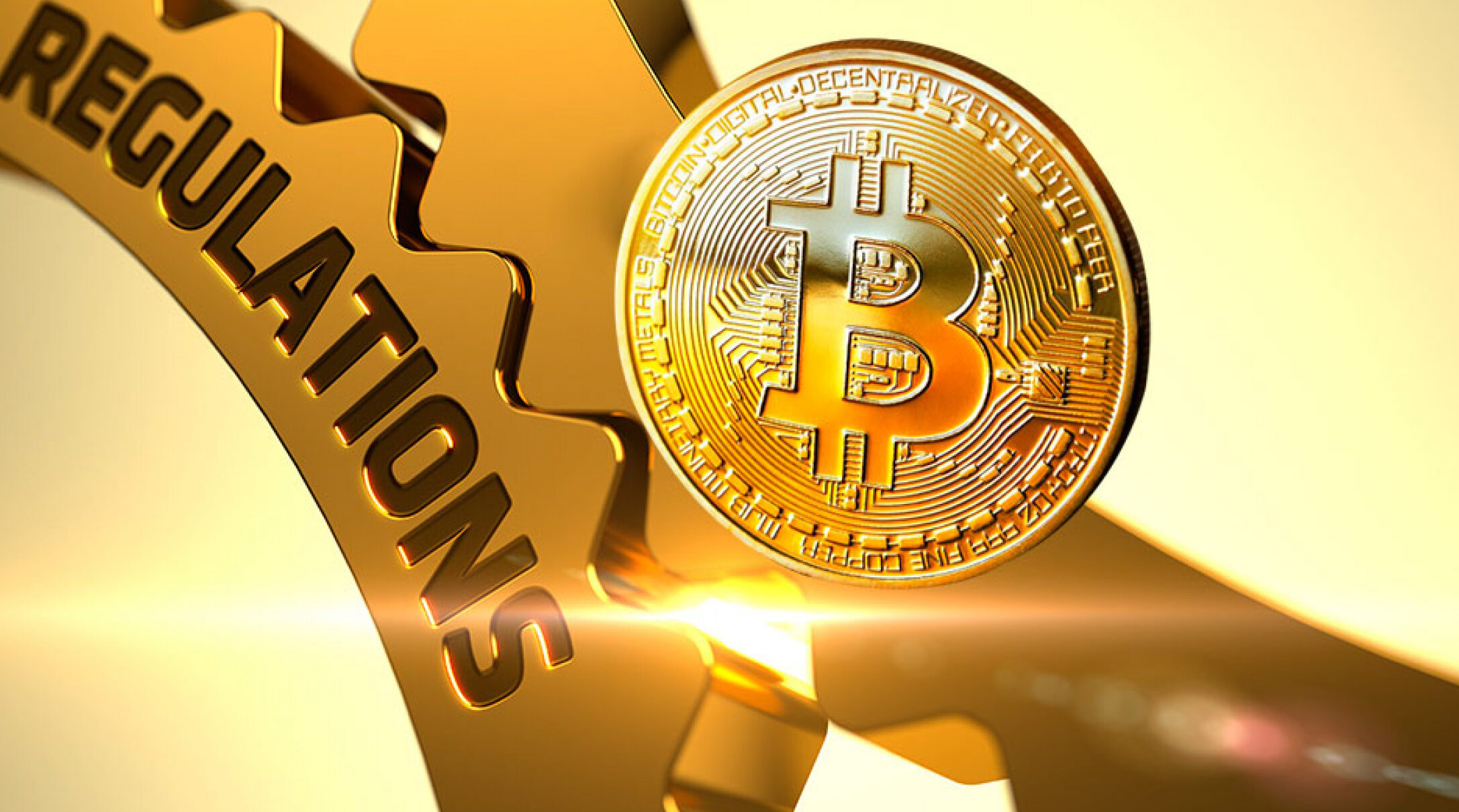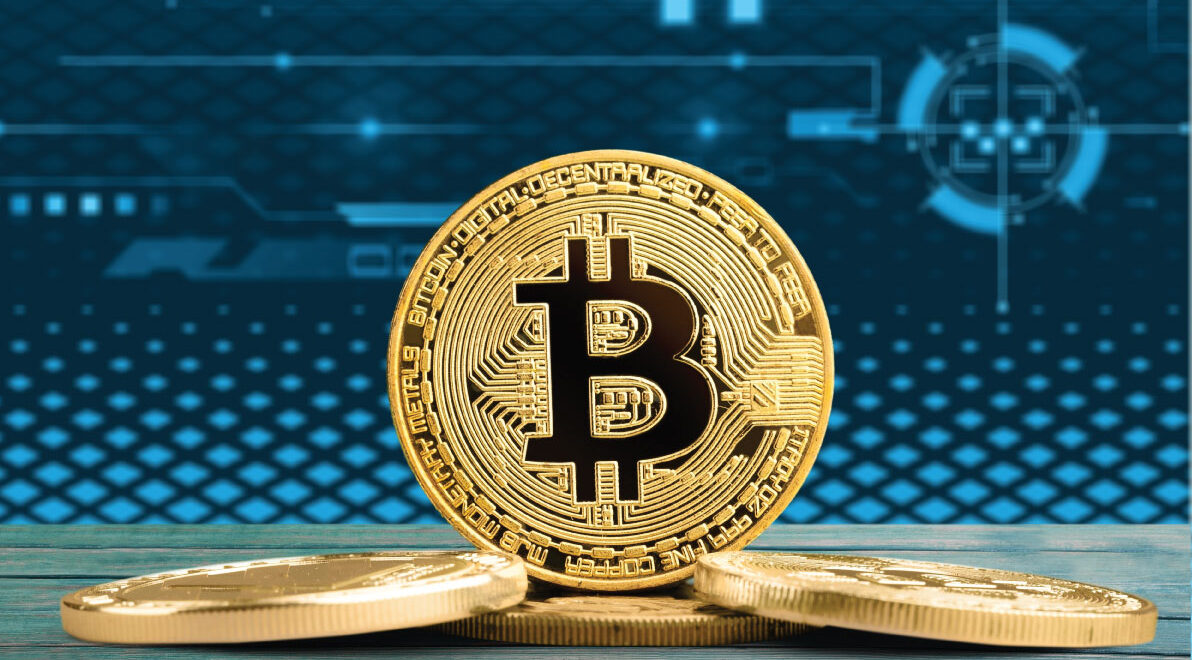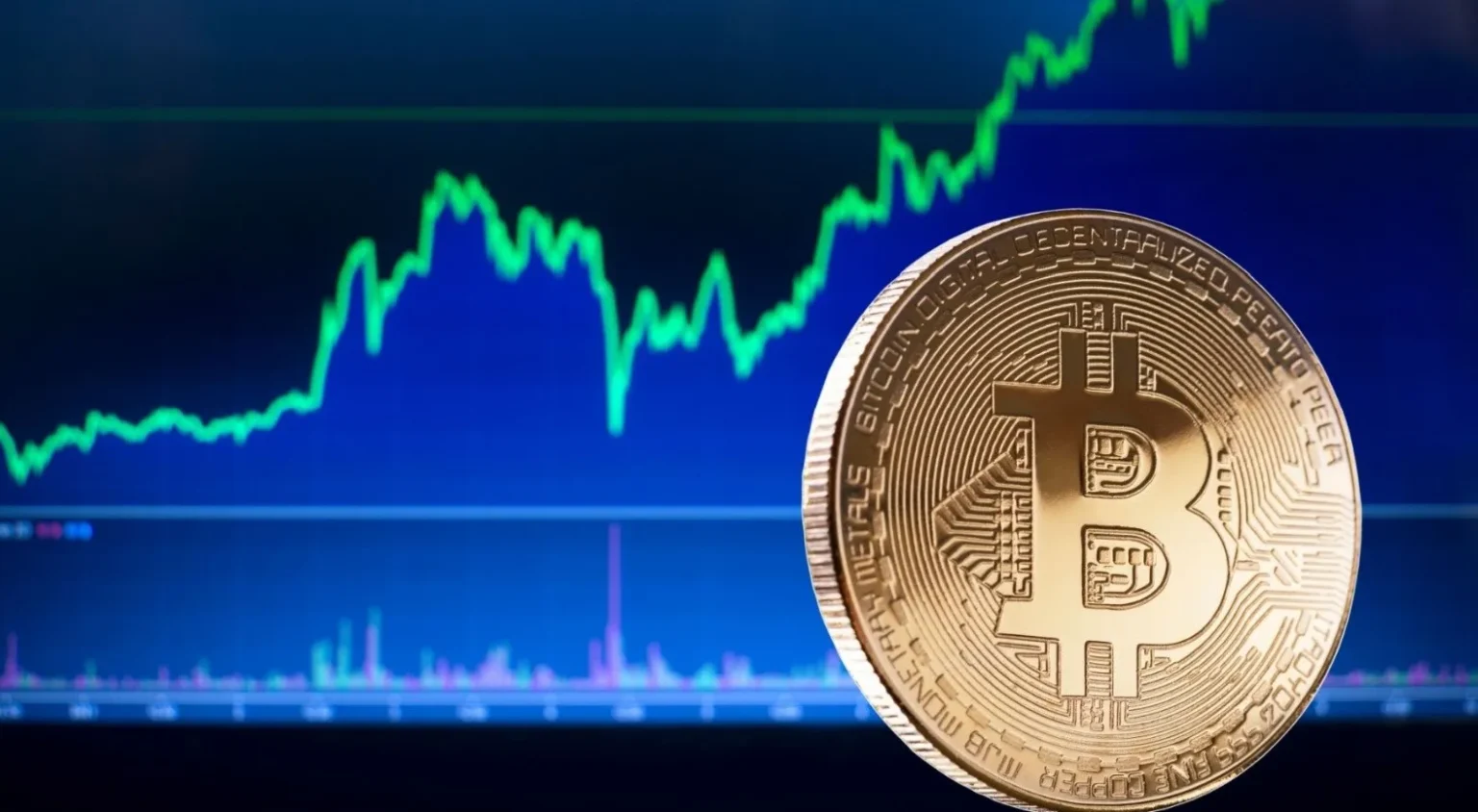Since its launch in 2009 by the enigmatic creator known as Satoshi Nakamoto, Bitcoin has remained the most often used digital asset on the scene. It is also the first one identified. From a tiny technology experiment years ago, Bitcoin has evolved into a worldwide financial powerhouse impacting markets, laws, and investor behavior all around. Anyone engaged in or interested in cryptocurrencies must keep current with Bitcoin news since it influences market mood, directs government policies, and emphasizes technological innovations that will decide the direction of Bitcoin news and trends. The most recent developments in Bitcoin, market trends, legislative changes, technological advancements, and institutional participation influencing the continuous transformation of this revolutionary digital currency are investigated in this paper.
Bitcoin Volatility and Adoption
The famously erratic market price of Bitcoin appeals to those looking for substantial gains as well as those fearful of instability. Recent Bitcoin news and trends show how the value of Bitcoin is influenced by geopolitical concerns, inflation, interest rate increases by important central banks such as the U.S. Federal Reserve, and global economic events. Many see Bitcoin as “digital gold,” a hedge against inflation and a substitute for conventional safe-haven assets like gold.
Recently, institutional investors have embraced Bitcoin more and more, therefore giving the market stability and credibility. Particularly after the U.S. Securities and Exchange Commission’s (SEC) approval of spot Bitcoin ETFs in 2024, major financial organizations, including BlackRock, Fidelity, and JPMorgan Chase, now provide Bitcoin-related products, including Bitcoin Exchange-Traded Funds (ETFs). For cautious investors, these events offer simpler access and help increase the validity of Bitcoin in mainstream finance.
Bitcoin Regulation and Global Trends
One of the most important factors determining the course of Bitcoin still is regulation. Governments all around keep creating systems to control the risks associated with cryptocurrencies and support invention. Emphasizing investor safety but occasionally creating uncertainty for crypto enterprises, the SEC in the United States, under Gary Gensler, has taken a strict position against Initial Coin Offerings (ICOs) and different crypto tokens. With the Markets in Crypto-Assets (MiCA) rule, which offers a uniform legal framework for crypto services across member nations, the European Union has made notable progress in the opposite direction.

While prioritizing consumer safety, this clarity fosters innovation. Meanwhile, nations like Singapore and the United Arab Emirates have become global crypto hotspots by implementing progressive and balanced rules that attract both blockchain firms and investors. The development of Central Bank Digital Currencies (CBDCs) is another vital feature of regulatory progress. Leading this race with its digital yuan (e-CNY), China is guiding government-owned digital money that questions established fiat institutions. The active investigation of digital currency projects by the European Central Bank and the U.S. Federal Reserve raises issues such as monetary policy, privacy, and centralization, which will influence Bitcoin’s future position.
Bitcoin Technology Evolution and Sustainability
The underlying blockchain technology of Bitcoin continues to evolve in order to address environmental issues, improve transaction speed, and enhance scalability. Designed to allow speedier, less expensive Bitcoin transactions outside the main blockchain, the second-layer protocol Lightning Network offers one of the most exciting answers. This invention greatly increases the utility of Bitcoin for regular payments and micropayments, therefore promoting more acceptance. Particularly considering Bitcoin’s original proof-of-work consensus process consumes significant quantities of energy, the environmental impact of Bitcoin mining has been a divisive issue.
Aiming to lower Bitcoin’s carbon footprint while maintaining network security, a move toward renewable energy-powered mining and carbon-neutral projects is increasingly popular, nonetheless. Blockchain technologies are also facilitating the integration of artificial intelligence (AI). AI-driven analytics boost fraud detection, trade strategy optimization, and smart contract performance improvement inside blockchain systems. This combination of artificial intelligence and Bitcoin technologies enables smarter, more efficient decentralized systems.
Institutional Adoption Transforming Bitcoin
The acceptance of Bitcoin by institutional players has changed its market dynamics completely. Originally controlled by retail investors, the crypto market today comprises hedge funds, sovereign wealth funds, and publicly traded firms like Tesla and MicroStrategy that have set aside some of their assets for Bitcoin. This institutional participation has brought about increased market liquidity, stability, and credibility.

To satisfy institutional demand, financial service providers are growing crypto offerings by creating blockchain development platforms, Bitcoin trading desks, and custody solutions. Bitcoin transactions have been made possible by payment systems like PayPal and Square; meanwhile, big stores and service providers are progressively embracing Bitcoin, indicating its expanding mainstream inclusion.
Bitcoin’s Role in Crisis and Inclusion
In times of geopolitical and financial uncertainty, Bitcoin has shown especial dependability and value. Bitcoin donations exploded during the 2022 crisis in Ukraine, proving its value as a borderless fundraising tool free from conventional banking limits. Bitcoin has become a vital store of value and means of trade in nations suffering hyperinflation or strict currency restrictions, notably Venezuela and Lebanon, therefore encouraging financial inclusion when conventional banking fails. These use cases highlight Bitcoin’s ability to give underprivileged populations all-around access to distributed, censorship-resistant financial services, thereby empowering them.
Final thoughts
Bitcoin presents continuous security threats and fraud issues even if it offers many benefits. High-profile attacks revealing flaws in crypto infrastructure include the 2020 KuCoin hack and the FTX exchange’s 2022 collapse. Strong security practices—including hardware wallets, two-factor authentication, and careful platform evaluation—are urged of investors. Through more stringent Anti-Money Laundering (AML) and Know Your Customer (KYC) rules, regulatory authorities all around are stepping up efforts against fraud. These steps improve security but also generate significant discussions on privacy and decentralization, fundamental ideas guiding Bitcoin news and trend values.Bitcoin news and trends







